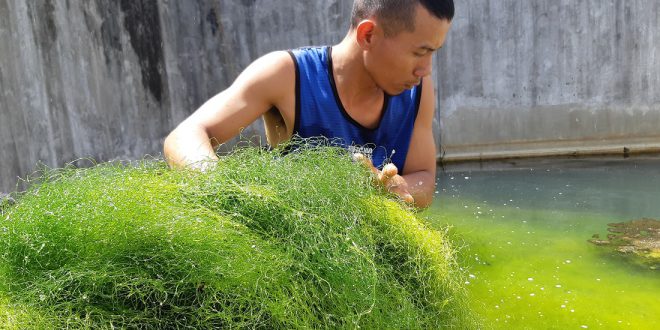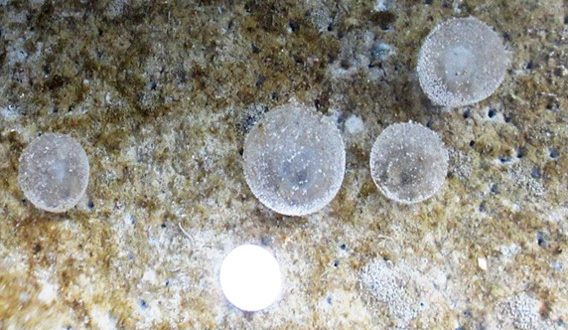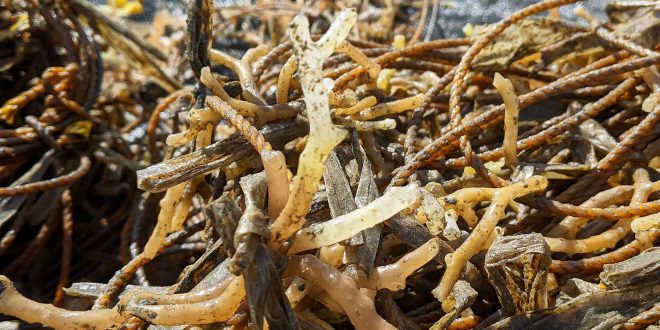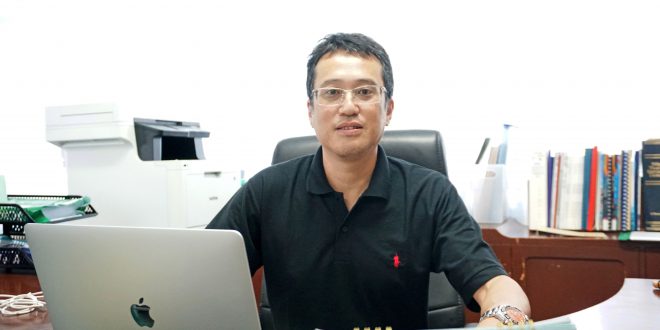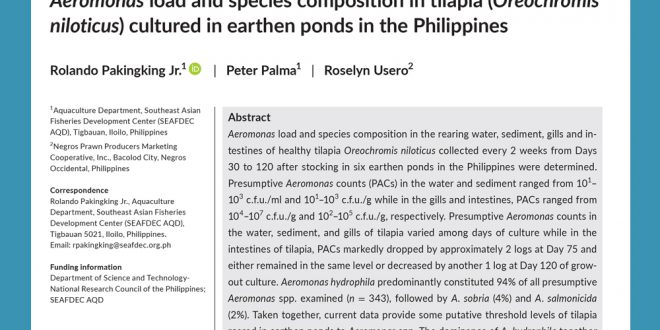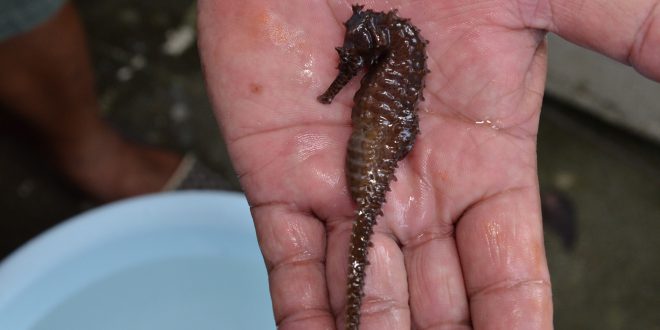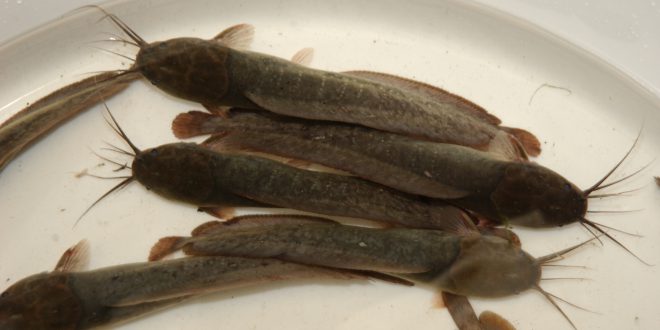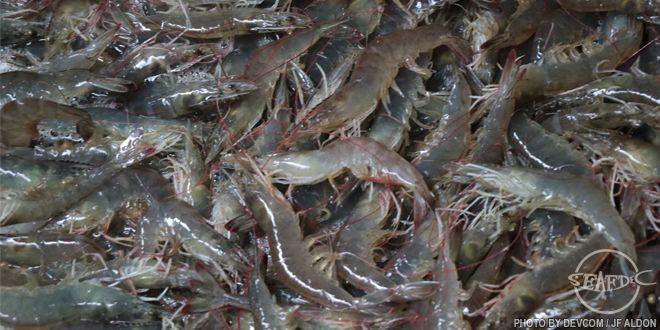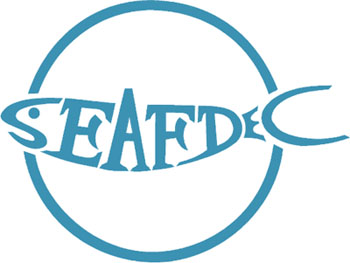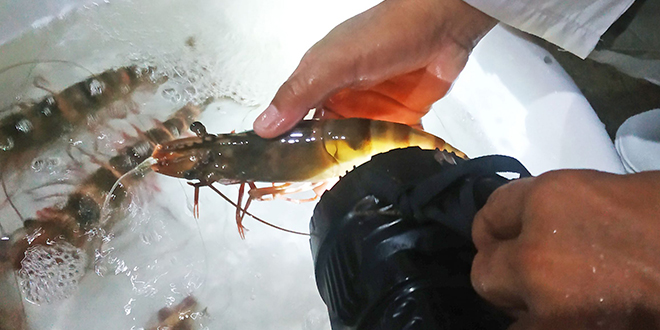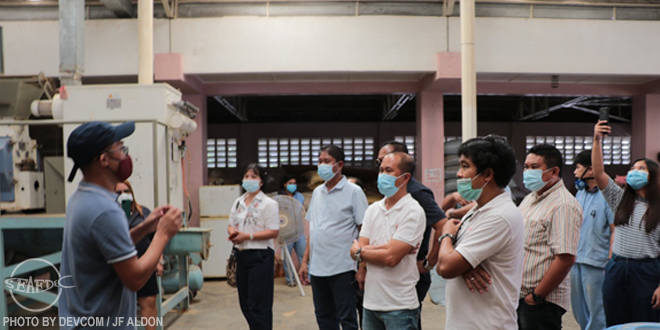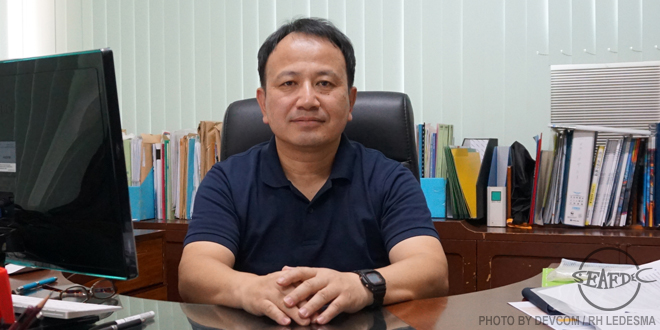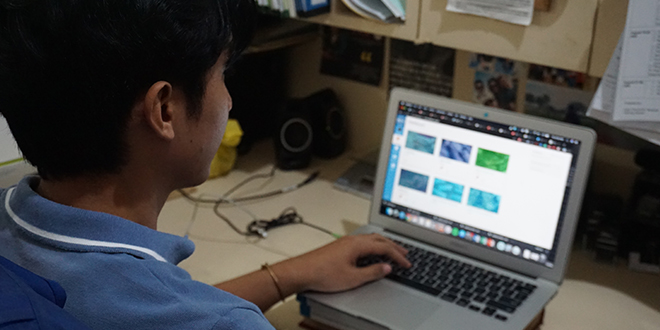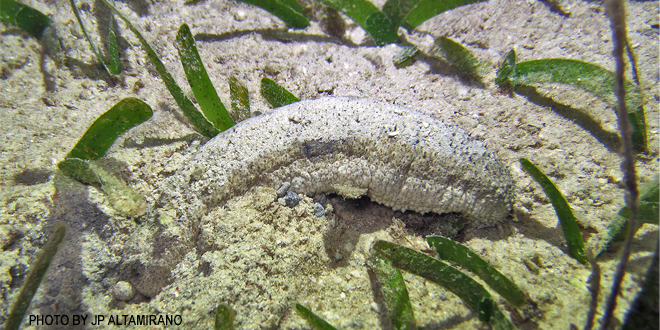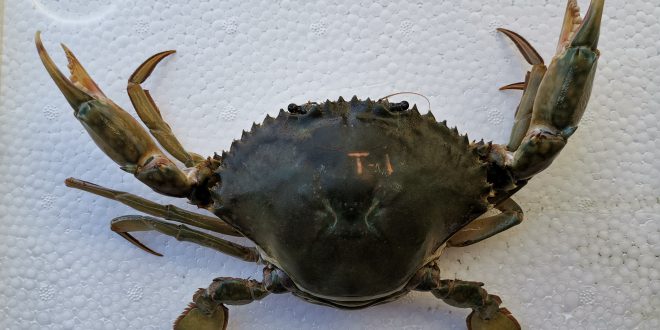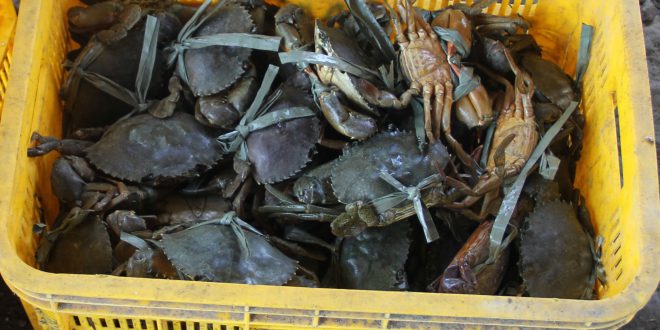Humans are not the only ones who enjoy eating spaghetti—shrimp can, too. Researchers are using nutritious green “spaghetti algae” in fish and shrimp feeds as part of a broader move to bring down the cost of expensive aquafeeds which account for over half the expenses of farmers. “The ultimate aim of using spaghetti algae, or any other alternative ingredient, in aquafeed is to bring down the feed cost in aquaculture,” said Joseph Biñas, associate researcher and feed mill supervisor at the Southeast Asian Fisheries Development Center Aquaculture Department (SEAFDEC/AQD) in Tigbauan, Iloilo. Biñas further said that, “The use of alternative ingredients, especially if these are locally available and sustainably produced, may considerably reduce the cost of formulated feeds.” Chaetomorpha linum, …
Read More »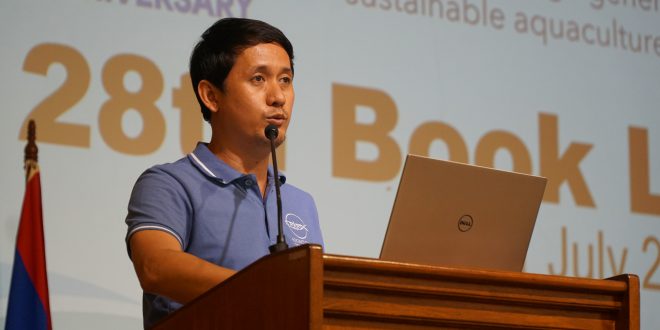
 SEAFDEC/AQD Southeast Asian Fisheries Development Center | Aquaculture Department
SEAFDEC/AQD Southeast Asian Fisheries Development Center | Aquaculture Department
